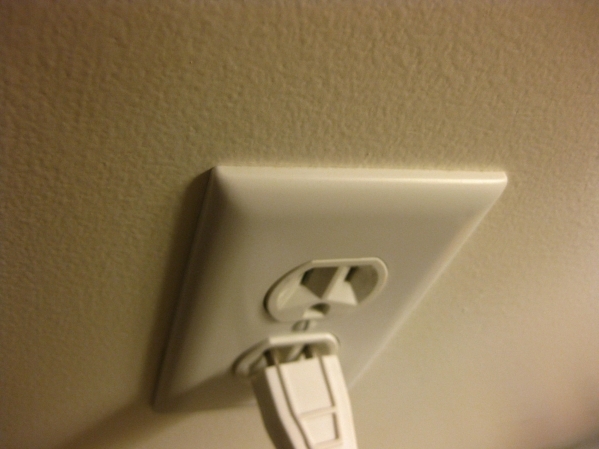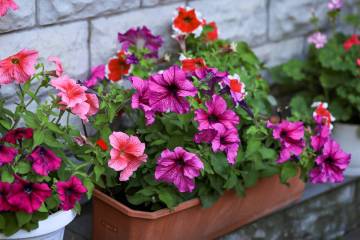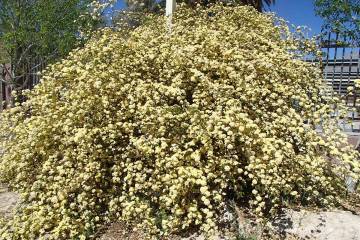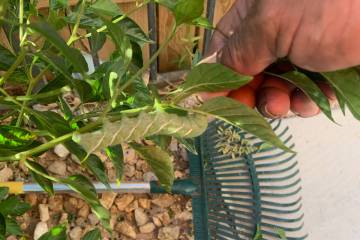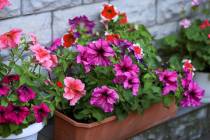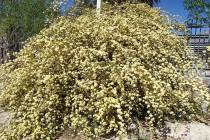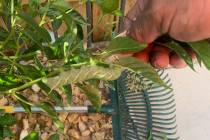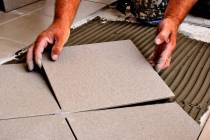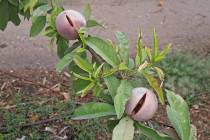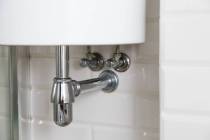Unplug electronic devices and save cash
Let’s face it, learning how to keep cool in heated situations is a valuable skill. But who knew it also could be a positive step toward a low-carbon lifestyle and save you money as well. The month of May brought us the hottest average global temperatures in recorded history. June just clocked in as the hottest on record for Las Vegas. As temperatures heat up, we all want to cool down.
Let’s look at some questions and some new changes we can all implement this summer.
Unplug it
How much energy are we wasting in our homes?
Unplugging vampire (power draining) electronic devices is low-hanging fruit that will cut wasted energy and help cool things down. Almost anything can and should be unplugged when not in use (except, of course, food storage, security and alarm systems, and life support systems). According to Lawrence Berkeley National Laboratory, this vampire sucking of our energy accounts for 5-10 percent of total residential energy use, and produces 1 percent of global carbon emissions.
The biggest culprits are microwaves, TVs, computers, printers and phone chargers. While you’re away, they are sucking money from your wallet and energy. A plasma TV will cost $165 a year just for the standby consumption.
Unplugging devices when not in use or using power strips to switch off several at a time will not only lower your bills and usage but lower the heat all these devices create.
There are many apps available that you can calculate your vampire usage as well as monitor your energy use in real time. There is something about seeing where our money is going, and how quickly in real time that can give us the incentive to cut back and make better choices.
When I started driving a Prius, I was encouraged by the real-time display to change the way I used the accelerator, as it showed me how much gas (and dollars) I was saving.
Passive cooling
What can we do differently to adjust?
I admit living in Japan for many years has made me tougher when it comes to enduring uncomfortable heat. Central air conditioning is not as common in Japan, and people often find themselves sweating and fanning, fanning and sighing.
In June, my brother and niece visited Japan and upon their arrival I handed them each a lovely Japanese fan, explaining that they would need it to stay cool. That evening we met some friends who had the same idea and gave them both fans as well. My brother gave me a quizzical look but by the time we reached my in-laws days later, where they also received fans, I think he had begun to understand.
One household activity that is different in Japan — and not just in the summer — is the use of dryers. Give your dryer the summer off and solar dry your laundry in the abundance of the natural heat and sunlight we are blessed with. Yes, I know homeowners associations don’t allow unsightly clotheslines, but that is solved by lower racks out of sight of your neighbors.
Word of warning: I am so used to solar drying my clothes in Japan that on my visits home I’m often in for a shock when I put on my surprisingly tight jeans hot out of the dryer. Or that could just be my Mom’s home cooking, but I’ll stick to blaming it on the dryer.
Spice it up and sweat it out
Eating can be another source of heat production or even an aid in cooling the body’s temperature. Cold noodles dishes and seasonal summer vegetable dishes are popular in Japan and make summer meals cooler to make and eat. However, just as popular are spicy foods.
I remember how shocked I was the first summer my co-workers suggested spicy curry for lunch on a hot day. I witnessed everyone pull out their hankies or small sweat towels and wipe their sweat as everyone's bodies heated up.
I couldn’t figure out why they wanted to subject all of us to more heat and misery. Later I learned that spices enhances circulation and sweating which actually cools the body down. Now I love the experience.
Mindful Cooling
How well are our cooling systems working for us?
I know, most of us are still going to spend time in our air-conditioned homes. So what can we do to increase our savings and decrease our emissions?
My friend, Glenn Peterson, owner of Fresh Ice Refrigeration, has years of experience with Southern Nevadans and their sundry cooling challenges. In summertime, he stresses the importance of servicing your cooling systems as well as changing filters every month.
We all take the time to check and maintain a properly running vehicle so that it serves us well. The same care should be taken with our cooling systems.
’More air flow (leads to) better cooling,’ Peterson said. He also suggested using less energy-intensive fans in the home whenever suitable.
Dealing with unwanted heat sources like direct sunlight through windows or skylights and overheated attics is another way to relieve stress on cooling systems. Closing blinds, adding solar screens or a fan in the attic are all low-cost, low-carbons solutions.
And finally there is the thermostat. Energy Star recommends setting thermostats no lower than 78 F. But like an oven, every home is different. So even if you set the recommended temperature and you still need a sweater, it’s time to adjust.
It is sometimes difficult to understand our connection to our natural environment in all the small things we use and our daily activities. Most of us haven’t made carbon emissions and water footprint a standard part of our thinking when making decisions.
It is not difficult however, to see the increase in our utility bills during the summertime. No matter the motivation, we can all benefit from examination of a few simple questions.
Mary Beth Horiai has split her adult life between Japan and Southern Nevada. In Las Vegas, Horiai worked for the nonprofit U.S. Green Building Council of Nevada. A graduate of UNLV, she was trained as a speaker for The Climate Reality Project.



